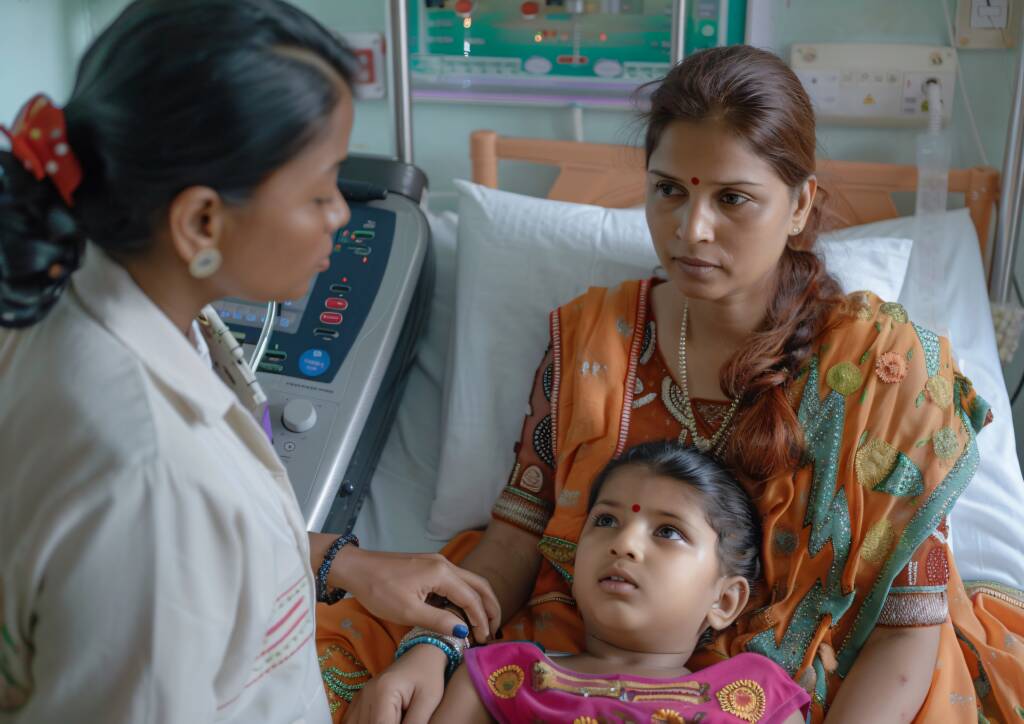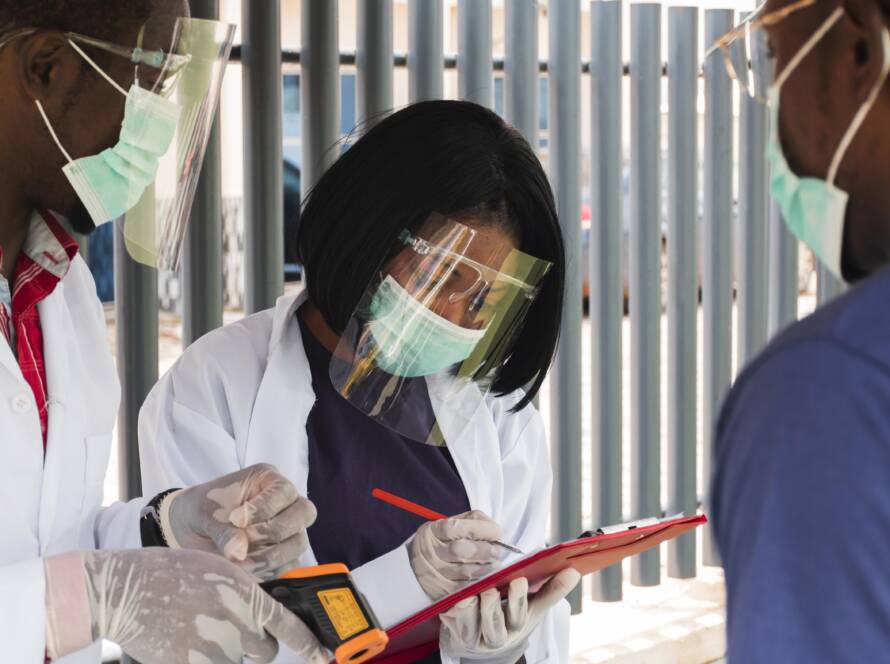Introduction
EventCity, known for crafting impactful and high-level conferences, proudly hosted the Tamil Nadu Infectious Disease Conclave (TNIDC) — a transformative platform that addressed a critical gap in India’s public health system: equitable access to infectious disease care. Through expert panels, interdisciplinary discussions, and evidence-driven strategies, this landmark event reflected EventCity’s commitment to facilitating inclusive, solution-oriented dialogues that transcend institutional boundaries.
In a country as diverse and complex as India, universal healthcare access requires more than policy—it demands platforms where clinicians, researchers, government officials, and NGOs can engage meaningfully. TNIDC, meticulously planned and executed by EventCity, delivered just that.
1. The Urgency of Equity in Infectious Disease Response
- Disparities in healthcare access remain a persistent challenge in India—especially in rural and underserved communities.
- Infectious diseases like tuberculosis, dengue, and leptospirosis continue to disproportionately affect low-income and marginalized populations.
- TNIDC brought these realities to the forefront, underscoring how disease burden is deeply linked to socioeconomic inequality.
EventCity structured the sessions to highlight not just clinical challenges but systemic inequities, prompting actionable discussions on inclusion and resource distribution.
2. Building Inclusive Panels & Representation
- EventCity ensured that diverse voices—ranging from tribal health workers to district medical officers—were actively included in TNIDC.
- Panel discussions reflected the ground realities from different parts of Tamil Nadu and beyond, allowing policies to be informed by those implementing them at the grassroots.
- This approach made TNIDC not just a scientific gathering but a people-centric event, where every stakeholder had a seat at the table.
3. Spotlight on Vulnerable Populations
- TNIDC featured sessions focused on the needs of vulnerable groups—urban slum residents, migrant workers, tribal populations, and the elderly.
- Topics included barriers to timely diagnosis, stigmas associated with diseases like HIV and TB, and the lack of healthcare infrastructure in remote areas.
- EventCity’s team curated these sessions with the help of medical NGOs, ensuring authentic voices and practical case studies were front and center.

4. From Policy Advocacy to Ground-Level Change
- TNIDC, under EventCity’s hosting, bridged research findings with policy dialogue, ensuring that outcomes from the conclave would have a direct path to implementation.
- Collaboration with government agencies, including Tamil Nadu’s Directorate of Public Health, was made possible through structured networking spaces and white paper presentations facilitated by EventCity.
- Such strategic planning allowed for not just knowledge exchange, but actual policy inputs and pilot proposals to emerge during the conclave.
5. EventCity’s Role in Enabling Change-Making Conversations
- As a leading conference organizer, EventCity’s expertise lies in curating impactful, stakeholder-driven events.
- From venue design that supported hybrid participation to facilitation of NGO-government roundtables, EventCity shaped TNIDC into an inclusive knowledge ecosystem.
- The team didn’t just manage logistics—they enabled transformative moments by placing equity at the core of the agenda, interactions, and outcomes.
Conclusion: Making Equity More Than a Theme
EventCity’s role in hosting TNIDC underscores how thoughtful event design can turn abstract themes like ‘equity’ into concrete action. By centering underserved voices, ensuring interdisciplinary dialogue, and building actionable pathways between research and policy, TNIDC became more than a medical conference—it became a movement for inclusive healthcare in Tamil Nadu.
As India continues to battle the evolving threat of infectious diseases, EventCity remains committed to organizing high-impact forums that drive systemic change and amplify the voices that matter most.

